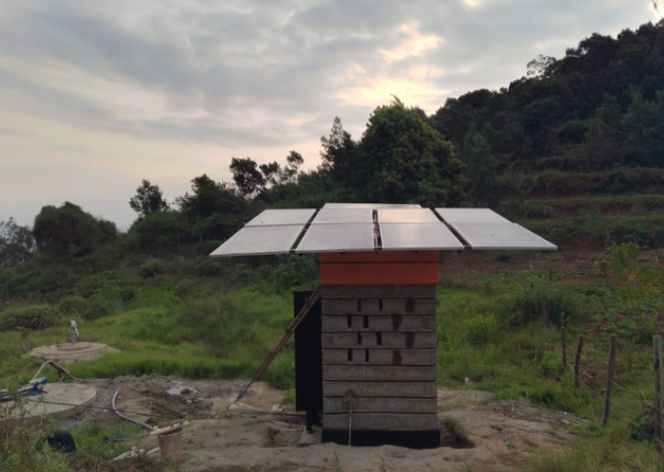A controversy has erupted in Kiuu, Kola Ward, located in Machakos County, Kenya, regarding a spring water project that was supposed to benefit the local community.
The project, funded with a substantial allocation of KSh 115 million, was intended to address water scarcity in the region, but the situation has become tense due to a lack of transparency surrounding the project’s finances.
The controversy centers on the fact that neither county officials nor the contractor have provided the Project Management Committee (PMC) with the Bill of Quantities (BQ), which is a detailed document that outlines the project’s cost breakdown and the specific works involved.
This omission has raised serious concerns and sparked widespread suspicion within the community.
The PMC, which is responsible for overseeing the project on behalf of the community, has taken a strong stand by refusing to approve the project’s completion documents until the BQ is disclosed.
This decision is seen as a crucial step in demanding accountability, especially given the large amount of public funds involved.
The BQ is an essential document that should be available to all stakeholders to ensure that the project is carried out as planned and that the allocated funds are used appropriately.
Without it, there is no way to verify how the money was spent or whether the project was completed according to the agreed-upon specifications.
A local activist, who chose to remain anonymous, expressed the community’s deep concerns, describing the situation as “deeply troubling.”
The refusal to share the BQ has led to fears of possible financial misconduct, with many in the community suspecting that the funds may have been misused.
This suspicion has only grown as time passes without any clear explanation from the authorities.
The lack of transparency has also led to growing frustration among community members, who feel that their needs and interests are being ignored.
This incident is not an isolated case but part of a broader issue in Machakos County, where other water-related projects with significant financial allocations have faced similar challenges.
For example, in the past, the county government, in partnership with other organizations, funded several water projects across different wards, including the construction of boreholes and water pans.
These projects were aimed at addressing water scarcity and improving agricultural resilience to climate change.
However, the current situation in Kiuu highlights the ongoing need for stringent oversight and transparency to ensure that public resources are used effectively and that the intended recipients actually benefit from these projects.
There are increasing calls for a thorough investigation into how the KSh 115 million was spent.
Many observers believe that uncovering the truth behind this financial opacity is essential for restoring trust in local governance.
The community’s demand for transparency is not just about this one project; it reflects a broader desire for accountability in all public projects.
If the investigation reveals any misuse of funds, it could lead to major consequences for those involved and set a precedent for how similar issues are handled in the future.
The spring water project in Kiuu, Kola Ward, which was intended to bring much-needed relief to the local community, has instead become a focal point for concerns about transparency and financial accountability.
The outcome of this controversy will likely have far-reaching implications, not just for the residents of Kiuu but for all communities in Machakos County that rely on public projects for their development.





















Add Comment